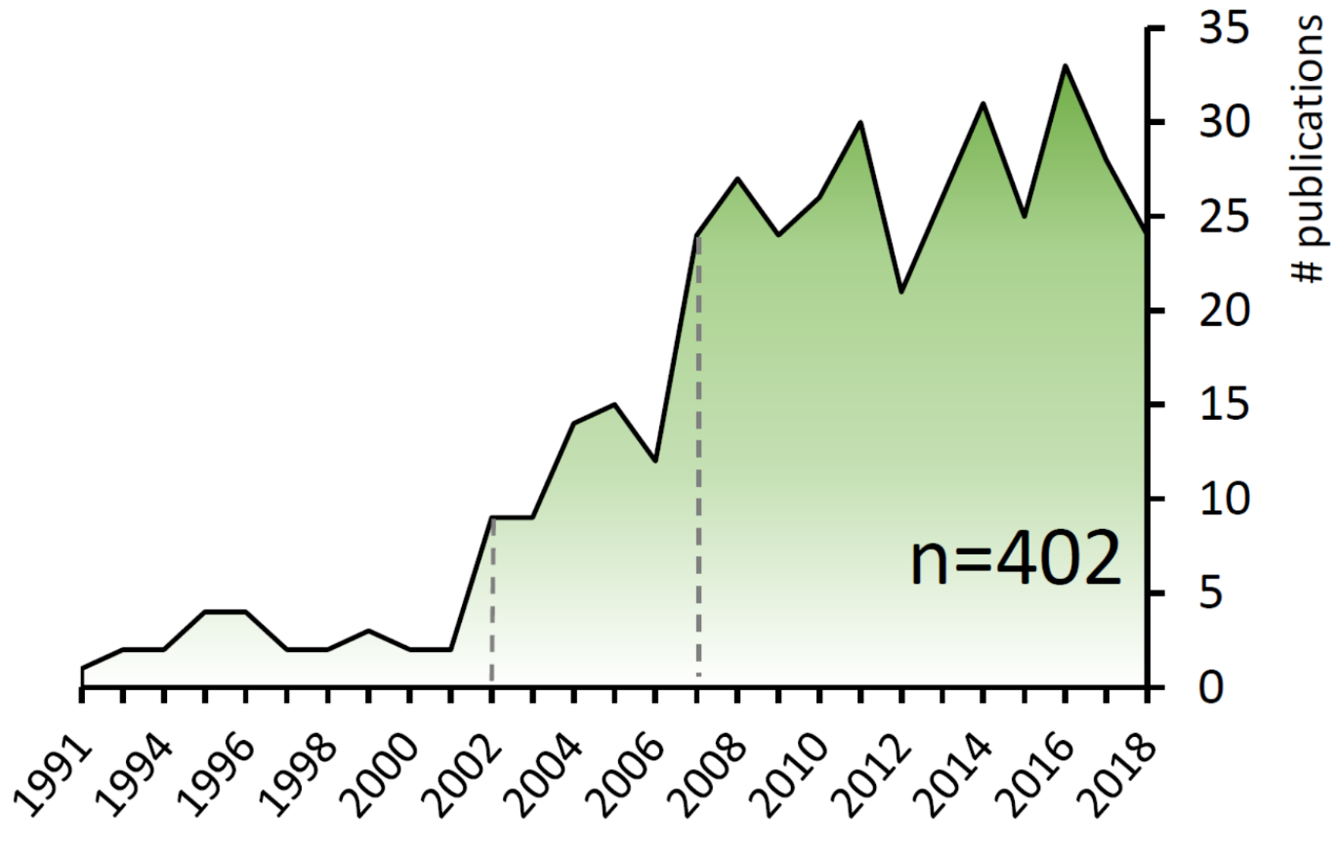Biodiversity conservation questions human practices towards biodiversity and, therefore, largely conflicts with ordinary societal aspirations. Decisions on the location of protected areas, one of the most convincing conservation tools, reflect such a competitive endeavor. Operations Research (OR) brings a set of analytical models and tools capable of resolving the conflicting interests between ecology and economy. Recent technological advances have boosted the size and variety of data available to planners, thus challenging conventional approaches bounded on optimized solutions. New models and methods are requested to use such a massive amount of data in integrative schemes addressing a large variety of concerns. Here, we provide an overview on the past, present and future challenges that characterize spatial conservation models supported by OR. By enlarging the spatial, temporal, taxonomic and societal horizons of biodiversity conservation planners navigate around multiple bio-socioeconomic equilibria and are able to decide on cost-effective strategies to improve biodiversity persistence.

